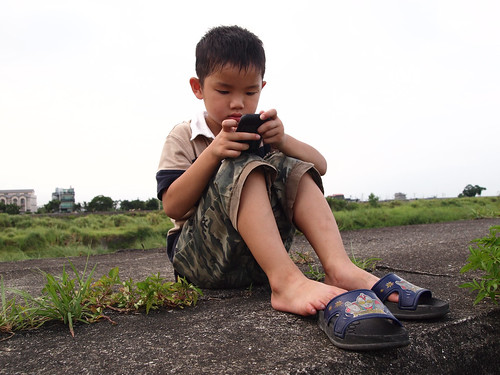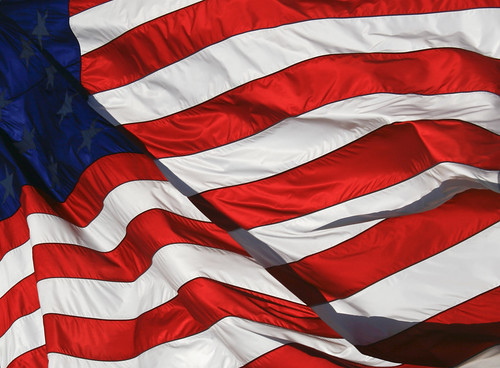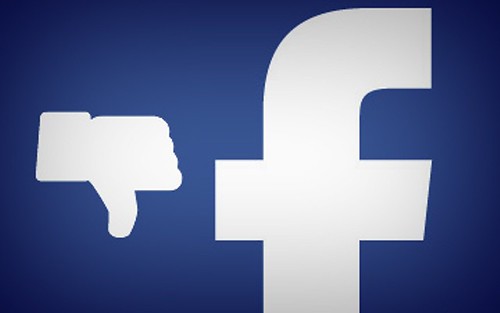 |
| Photo Credit: Joanbrebo |
A Checkpoint for Your Ambition by Michael Kelley (For the Gospel)
"Ambition is the strong desire to do something or achieve something, typically requiring determination and hard work. Nothing wrong there; ambition, like so many other things, is neither good or bad. It is simply a desire that can either be redeemed or corrupted. Like most anything else involving desire – sex, power, eating – the question becomes how that desire is fulfilled. That fulfillment, though, is where things get complicated."Six Reasons We Must Seek Solitude by Todd Gaddis (LifeWay)
"I recently wore out a set of tires prematurely due to an alignment problem. Likewise, we wear ourselves out and minister ineffectively when out of alignment. Solitude helps us recalibrate. Take Elijah for example. Fearful and exhausted, he fled into the wilderness, yearning to die. Thankfully, following a period of rejuvenation, he left the presence of the Lord with a renewed outlook and updated assignment (1 Kings 19:15-16). According to Richard Foster in Celebration of Discipline, “goals are discovered, not made.” Our chances of making such a find increases exponentially in solitude. Early African converts to Christianity found time and eagerly participated in private devotions. It is said that each person had an isolated spot in the thicket where he/she would commune alone with God. In the course of time, their paths to these places became well worn. Consequently, if one grew lax in this discipline, it soon became apparent to others. They would then lovingly remind the negligent one, “Brother, the grass grows on your path.”It's Disadvantaged Groups That Suffer Most When Free Speech Is Curtailed on Campus by Musa Al-Gharbi & Jonathan Haidt (The Atlantic)
"In virtue of their heavy reliance on taxpayer funding and major donors, public colleges are much more receptive to calls from outside the university to punish faculty and staff for espousing controversial speech or ideas. Groups like Professor Watchlist, Campus Reform, or Campus Watch exploit this vulnerability, launching populist campaigns to get professors fired, or to prevent them from being hired, on the basis of something they said. The primary targets of these efforts end up being mostly women, people of color, and religious minorities (especially Muslims and the irreligious) when they too forcefully or bluntly condemn systems, institutions, policies, practices, and ideologies they view as corrupt, exploitative, oppressive, or otherwise intolerable."Between Two Cultures: How Latina Christians Approach Leadership by Andrea Ramirez (Christianity Today)
"What is unique to Hispanic students is their home life. If parents are not assimilated to “American” culture, there is a great disconnect that occurs with their student. There is a lack of understanding of the pressures their children are facing at school, most of it peer pressure to belong. Ironically, what may have most provoked parents to move to the United States—an education—can become the cause of a slipping apart between parents and children. I can't stress enough how great a conflict this can cause. Teen years are turbulent, anyway. Add to it the pressure that students feel in an environment they may not completely understand, and the pressure from peers, teachers, and from home ... It can be very overwhelming."Implicit Bias vs Explicit Bias (By Their Strange Fruit)
"Racial implicit bias manifests itself in everything from assumptions about sports prowess, to who we hire/fire, to who we are afraid of as we walk down the street. To combat our implicit biases, we must first become aware of their existence (try an IAT test!), so that we can consciously combat their effects on our thought processes and actions. Implicit bias can’t be fixed with colorblindness, in fact colorblindness makes it worse. While overt racism never really went away, over the years implicit bias was allowed to take root and fester, unexamined and unchecked. The result has been decades of accumulated disparity, often perpetuated by unwitting 'basically good' people. Resumes were overlooked, mortgages and leases were declined, school applications were denied--indeed innocent people were shot. All because largely well-meaning people, acted on their implicit biases, often without even realizing they are contributing to systemic racism in our society."Reading Wars by Philip Yancey
"I’ve concluded that a commitment to reading is an ongoing battle, somewhat like the battle against the seduction of internet pornography. We have to build a fortress with walls strong enough to withstand the temptations of that powerful dopamine rush while also providing shelter for an environment that allows deep reading to flourish. Christians especially need that sheltering space, for quiet meditation is one of the most important spiritual disciplines. As a writer in the age of social media, I host a Facebook page and a website and write an occasional blog. Thirty years ago I got a lot of letters from readers, and they did not expect an answer for a week or more. Now I get emails, and if they don’t hear back in two days they write again, “Did you get my email?” The tyranny of the urgent crowds in around me."50 Years Later: Remembering the Detroit Riots of 1967 by Candace Howze (Urban Faith)
"Much of the city was destroyed during the riots, leaving thousands without a place to work or live, and businesses that were unharmed shut down for safety purposes. Taylor and his brother worked for General Motors at the time and were told not to go into work because of the hostile atmosphere throughout the city, which included curfew violations, fights, and multiple fires. Looters continued to steal millions of dollars of merchandise, including a few of Taylor’s friends who stole TV sets from a local business. “It got so bad that they canceled our work because it was too dangerous to move. Black people were mad and white people were scared and everyone was kinda scared to go anywhere.”"Hugh Freeze and the Peril of Public Faith by Cameron Cole (The Gospel Coalition)
"No matter the Christian—whether the non-drinking teenager, the stay-at-home mom, or the preacher—if he or she projects an air that righteousness comes from religious performance, he or she will be viewed as self-righteous. When that person demonstrates even a hint of moral failure, detractors will pile on the charge of hypocrisy. What non-Christians seem to hate most about believers is the perception of moral superiority. And when well-known Christians fall, some take opportunity to say, “See, you’re not any better than I am.” And they’re right. Absolutely right."Little Girl Won't Let Her Mother Be Alone
I'm sure moms everywhere can relate to this little girl who just won't let her mom use the restroom in peace and quiet.









